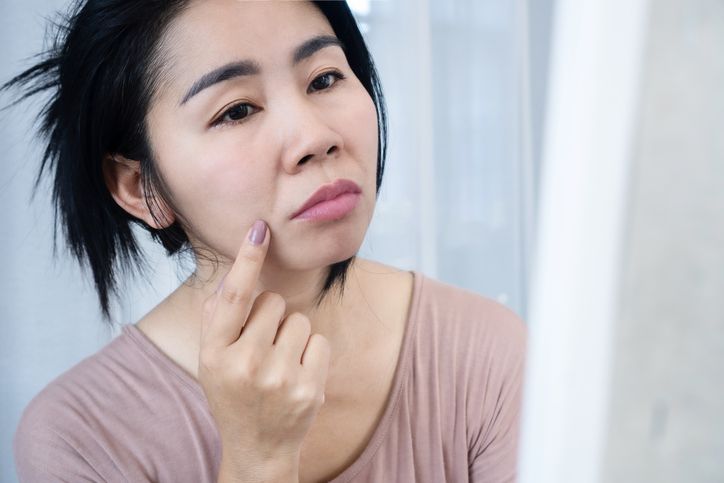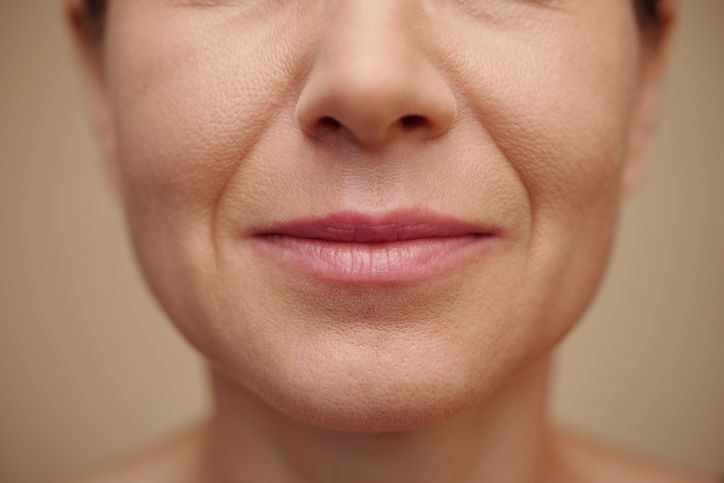
- Home
- Trend
- Weight Loss Strategies
- Acne Tips
- Hair Health Information
- Blemish Removal Tips
- Acne Scar Removal Tips
- Muscle Building Techniques
- Intimate Care Tips
- Postpartum Intimate Care
- Eye Bags Wiki
- Tips for Face Slimming
- Secret of Permanent Hair Removal
- Breast Enlargement Tips
- Cure to Snoring
- Marionette Lines
- Skin-Tightening Secrets
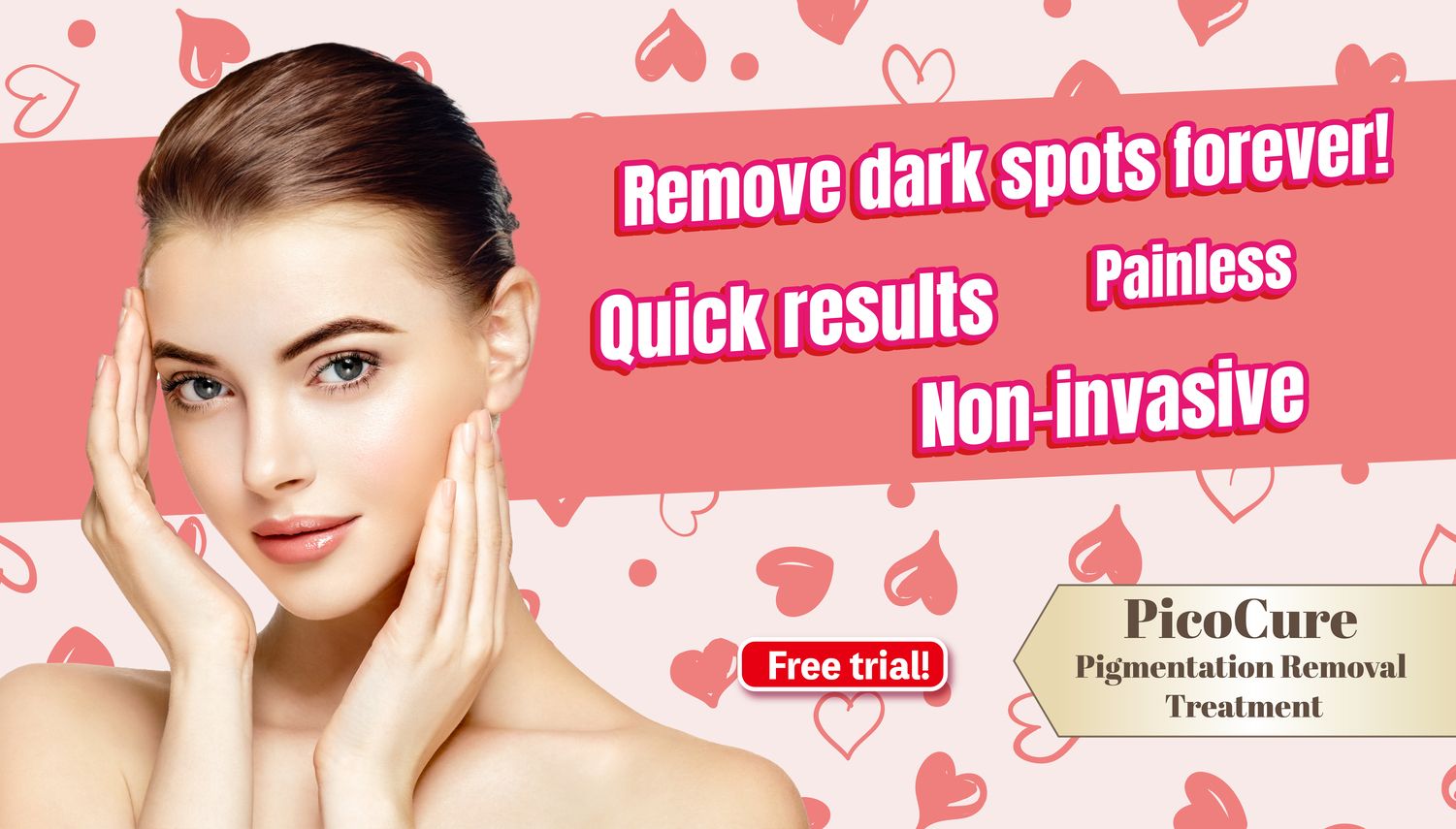
免費體驗
PicoCure Pigmentation Removal Treatment
1 Minute Self-Registration
Date should not be before minimal date
Revealing smoother skin tone goes beyond just hiding imperfections; it involves embracing self-acceptance and empowerment. By exploring the emotional aspects of uneven skin tone, we can develop customised skincare methods that not only improve appearance but also foster a positive self-image. Let's explore the impact of uneven skin tone and effective solutions to address this issue today!
1
Uneven Skin Tones Among Us: Why & How?
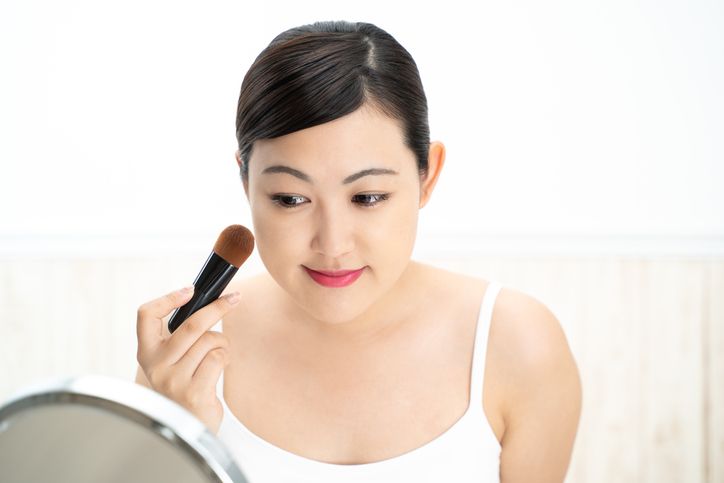
Sun Exposure
Hyperpigmentation
Age-Related Changes
Hormonal Influences
Inflammatory Skin Conditions
Genetic Predisposition
Lifestyle and Environmental Factors

2
The Emotional Toll of Having Uneven Skin Texture

5 Makeup Tips to Solve Your Daily Skin Tone Worries
- All You Need to Know About Retinol + 10 Best Retinol Creams and Serums for Fine Lines, Acne, Dull Skin and More Skin Care Concerns!
- How to Remove Dark Spots on the Face? 10 Best Home Remedies, Skin Care Ingredients, Treatments
- Sunspots vs Freckles: Identify 5 Common Pigmentation Types In Just 1 Minute + Treatment Guide!
- Brighten Your Skin And Fade Dark Spots: 7 Tips For Using Whitening Serums + Product Recommendations
3
The 3 Angles: Botanical, Natural & Scientific Methods to Help With Overall Complexion
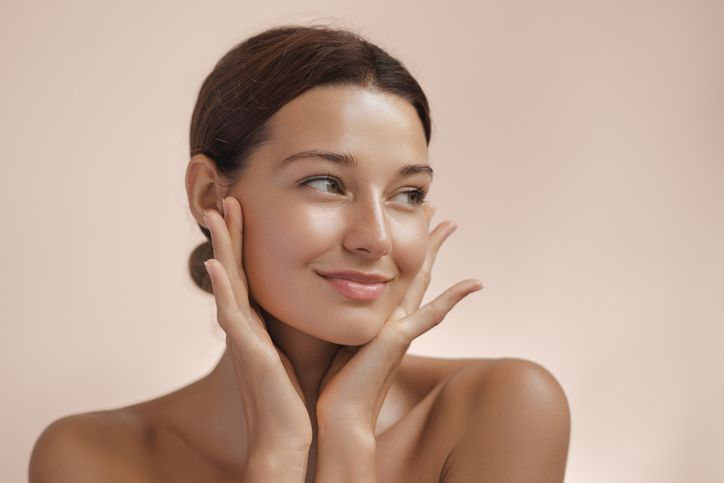
1. Utilise the Power of Antioxidants in Skincare
2. Harnessing Green Tea and Kojic Acid for Skin Brightness
3. Laser Treatment

4
Improve Skin Tone Now With These 5 Lifestyle Tips!

1. Healthy Diet
2. Stress Management
3. Quality Sleep
4. Regular Exercise
5. Skincare Routine

免費體驗
PicoCure Pigmentation Removal Treatment
1 Minute Self-Registration
Date should not be before minimal date
5
Last Few Words: The Journey to Skin Confidence
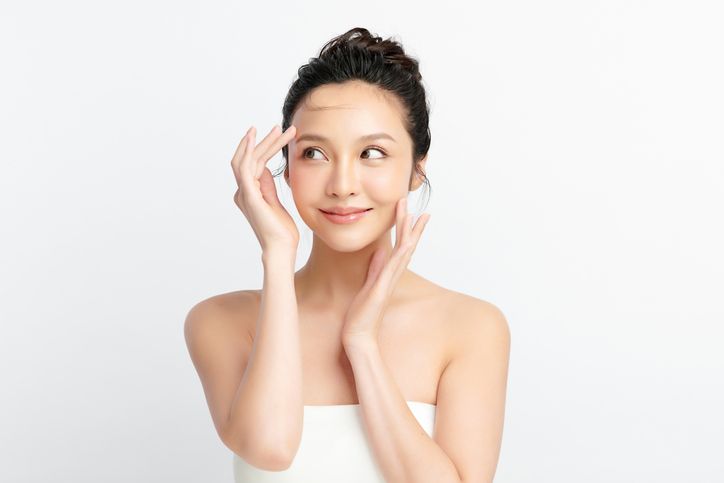
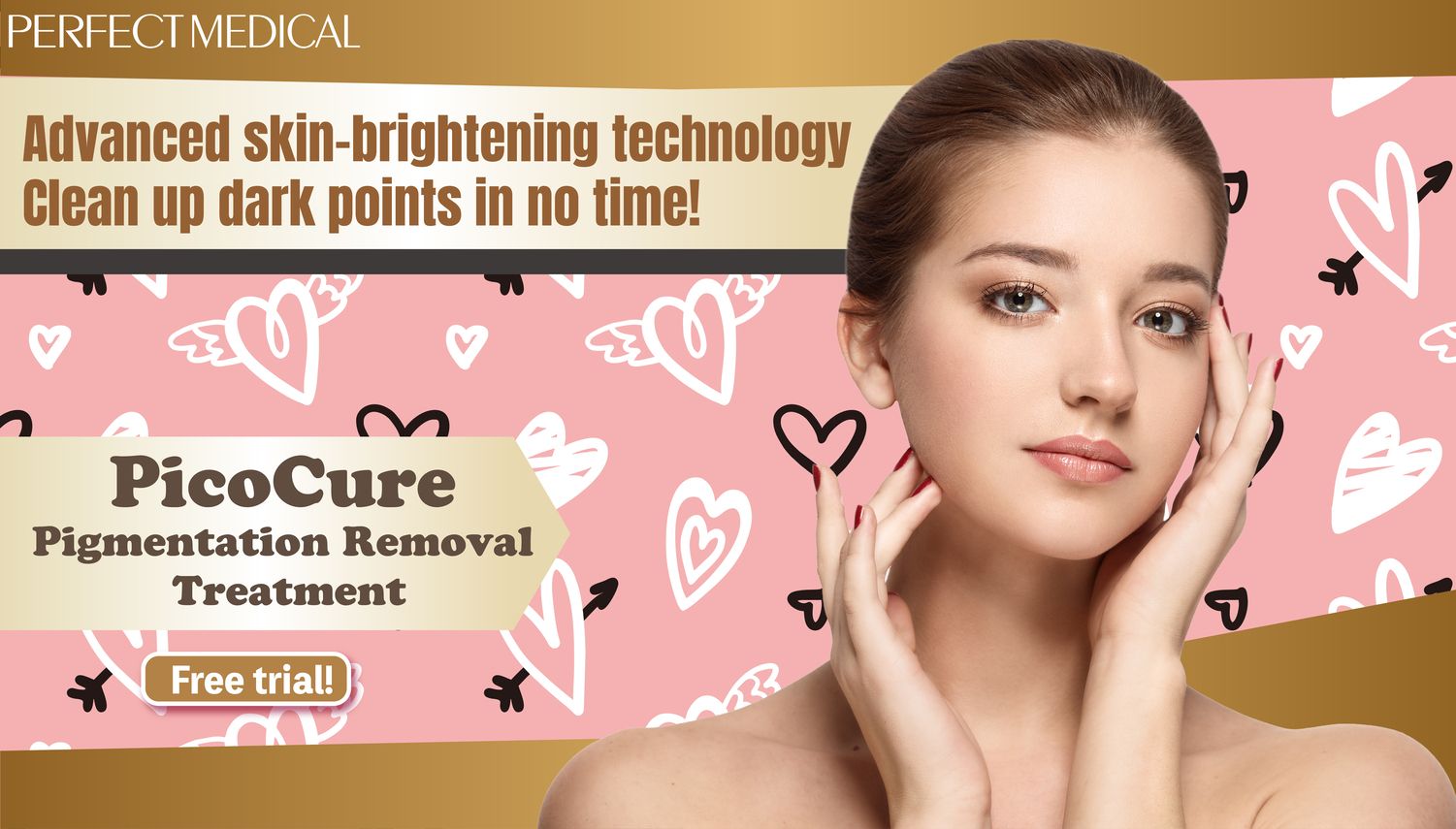
免費體驗
PicoCure Pigmentation Removal Treatment
1 Minute Self-Registration
Date should not be before minimal date
FAQ

1. What are the primary causes of uneven skin tone, and how can they be addressed?
Uneven skin tone can be caused by factors such as sun exposure, hormonal changes, and skin ageing. Sun exposure leads to the overproduction of melanin, resulting in dark spots and hyperpigmentation. Hormonal changes, especially during pregnancy or due to hormonal medications, can also trigger melanin production and cause uneven skin tone. Additionally, as we age, skin cell turnover slows down, leading to a buildup of dead skin cells and a less uniform complexion.
2. How does oily skin contribute to acne-prone skin, and what measures can be taken to manage it?
Oily skin is characterised by excess sebum production, which can clog pores and contribute to the development of acne. The excess oil on the skin's surface can mix with dead skin cells and bacteria, leading to clogged pores and acne breakouts. Managing oily skin involves using non-comedogenic skincare products that won't clog pores. A consistent skincare routine that includes gentle cleansing, exfoliation to remove dead skin cells, and using products with ingredients like salicylic acid or benzoyl peroxide can help regulate oil production and prevent acne breakouts. It's also essential to avoid harsh skincare products that strip the skin of its natural oils, as this can stimulate the skin to produce even more oil.
3. What impact does UV light have on skin ageing, and how can one protect their skin from UV damage?
UV light, especially UVB rays, accelerates skin ageing by causing damage to collagen and elastin fibres in the skin. This leads to the formation of wrinkles, fine lines, dark spots, and a loss of skin elasticity. Protecting the skin from UV damage is crucial for preventing premature ageing. This includes wearing broad-spectrum sunscreen with an SPF of 30 or higher daily, seeking shade during peak sun hours, wearing protective clothing such as hats and sunglasses, and avoiding tanning beds. Regular use of antioxidants like vitamin C and E can also help neutralise free radicals generated by UV exposure and reduce oxidative stress on the skin.
4. How do skin cells contribute to maintaining healthy skin, and what can be done to support their function?
Skin cells play a vital role in maintaining healthy and radiant skin. They are responsible for functions such as skin renewal, collagen production, and maintaining the skin's barrier function. To support skin cell function, it's important to maintain a balanced diet rich in antioxidants, vitamins, and minerals. Antioxidants help protect skin cells from oxidative stress and free radical damage, while vitamins like vitamin A (retinoids) and vitamin C promote collagen production and skin repair. Hydration is also essential for skin cell health, so drinking an adequate amount of water and using moisturisers to hydrate the skin can support overall skin health.
5. Q: What are the benefits and considerations of undergoing chemical peels for improving skin texture and addressing skin concerns?
Chemical peels are skincare treatments that involve applying a chemical solution to the skin to exfoliate dead skin cells and stimulate skin renewal. They can help improve skin texture, reduce dark patches and hyperpigmentation, and address various skin concerns such as acne, fine lines, and uneven skin tone. The benefits of chemical peels include smoother and more radiant skin, improved skin tone and texture, and a reduction in the appearance of fine lines and wrinkles. However, it's important to consider factors such as the strength of the peel, skin sensitivity, and potential side effects like redness, peeling, and sensitivity post-treatment.





